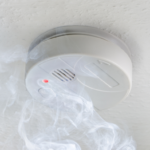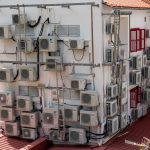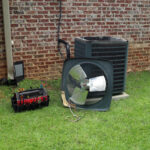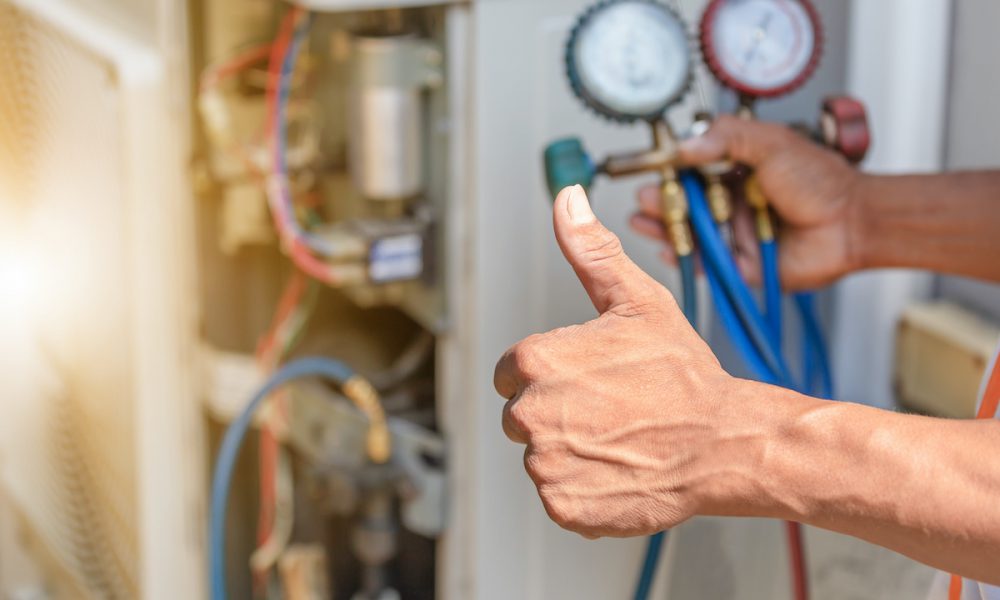
Especially in the summer months, an air conditioner that works perfectly is a life-saver. The comfort it provides makes it easier to get through the scorching heat. The appliance also protects you and your family from several heat-related health issues.
But longer working hours for your A/C also means a leaner wallet for you. And, like most homeowners, you probably feel caught between the need to keep your home cool and your cooling costs low.
If this is true, then you may be asking if there is a way to keep energy bills within limits without sacrificing comfort in your home. The answer is, yes, there is. And the best way to do this is by improving A/C efficiency.
Inefficient A/Cs cost you money by using more energy, performing below capacity and breaking down more often, explains RentSmartUSA. But all that can be avoided if you take a few simple steps to improve the efficiency of your air conditioners.
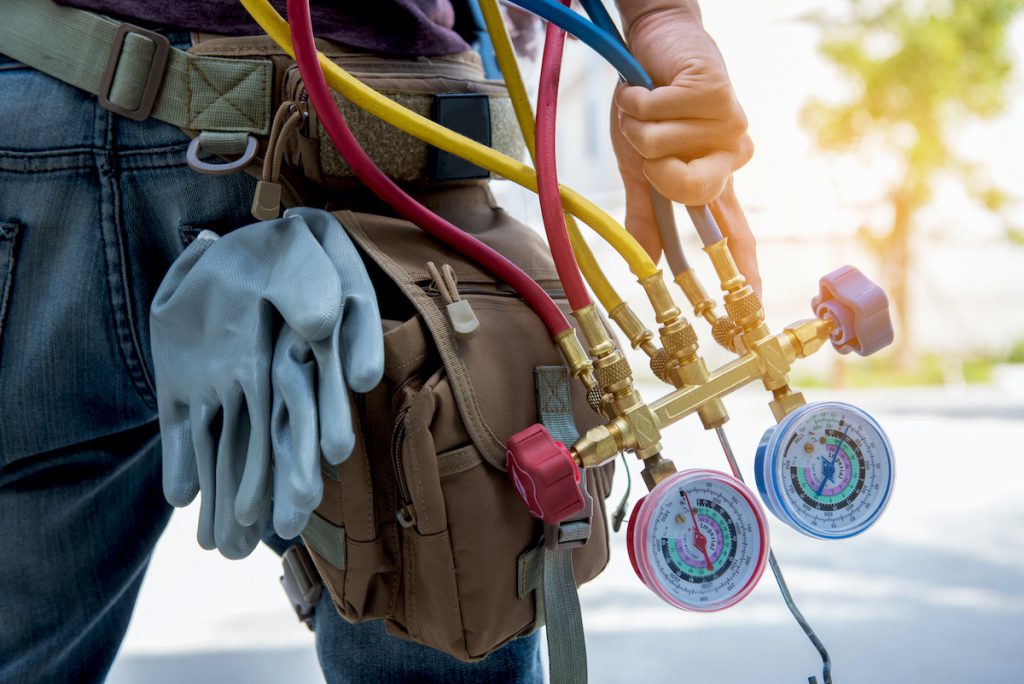
Steps to improving the efficiency of your air conditioners
Give the A/C a professional tune-up
After lying dormant during the colder months, the air conditioner should not be used until it has been looked over by an HVAC professional. The long period of inactivity can cause all kinds of things to go wrong with the system. And even if there is nothing wrong with the unit, it may be a still need servicing.
Change filters regularly
Filters clogged with a buildup of dirt and grime will cause the A/C to overwork; it will use more energy and deliver less cooling. This can shorten the lifespan of the appliance. Changing A/C filters is not hard at all; almost anyone can do it. Permanent filters only need cleaning, but disposable filters should be replaced. And this should be done every 30 days.
Upgrade to modern units
Newer air conditioners use natural hydrocarbon refrigerants blends in place of the synthetic ones found in older units. The newer models use up to 38% less energy than old systems. And if the unit comes with inverter technology, it is even more efficient and built to last a long time. Newer A/C units require less maintenance and are more eco-friendly.
Get the right size of A/C
The size of a room affects the efficiency of the air conditioner. The wrong size unit will result in higher energy use. If the A/C is too small for the room, it must work harder to cool it. But if it is too large, the A/C will use up energy and deliver more cooling than is needed.
Insulate exposed ductwork
Leaky and exposed ductwork impairs the function of the home’s air conditioning systems. If the ducts are leaking, it will allow cooled air to escape. If they are exposed, the air inside them will be affected by the ambient temperature. The ductwork should be adequately insulated with duct-sealing tape. This is best done by a professional.
Keep the A/C in the shade
Ideally, to get the best cooling, your A/C should be installed on the north-facing side of the home. But if not possible, the outdoor component of the unit should be installed in the shade. Anything capable of blocking airflow to the unit should be removed; barriers, plants or encroaching bushes. The unit should have, at least, 24 inches of clear space all around.
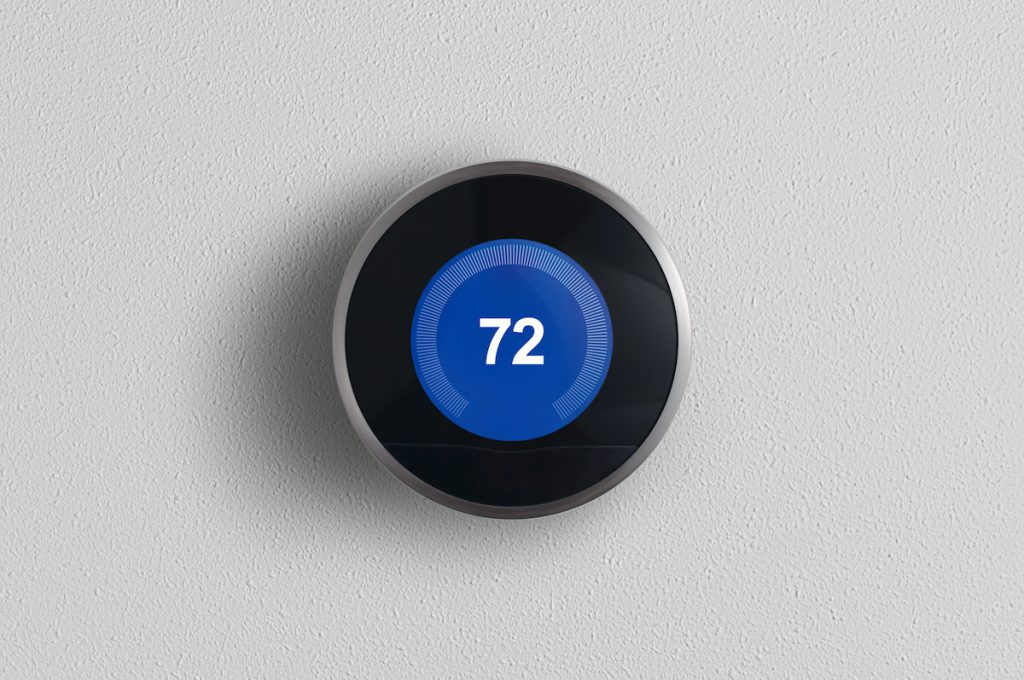
Invest in a programmable thermostat
A smart or programmable thermostat allows you to control the working of your A/C with greater ease. The device learns users’ behavior and automatically adjusts the A/C to function accordingly. Homeowners can also manage the thermostat over the internet, giving them control even when they are away from home.
Protect the thermostat
The thermostat is heat-sensing; it uses the ambient temperature to adjust the work rate of the A/C. Placing heat-emitting objects close to the thermostat leads it to assume that a room is hot, and it will instruct the air conditioner to work harder. The unit will use up more energy than it should.
Clean vents and keep them clear
The indoor supply vents of the A/C should be vacuumed once a month, at least, to get rid of accumulated dust and debris. The vents should also be kept open at all times to avoid backflow that will strain the system. Blinds, furniture and household items should not be allowed to block the air vents.
Weatherproof the home
Weatherproofing the home can go a long way to help the A/C work better. Keep blinds closed to keep out most of the sun’s heat. Apply film on window glass to tint them and reduce the volume of UV rays entering the room. A more expensive option is to install double-glazed windows.
Install a ceiling fan
Ceiling fans are inexpensive, but they will greatly enhance the efficiency of your A/C. The fan creates more even cooling by circulating cooled air to the extreme parts of a room. It reduces the workload on the A/C by bringing down the ambient temperature
Other ways to improve A/C efficiency and reduce energy bills include closing all doors when the unit is on and using the A/C only when it is needed.
